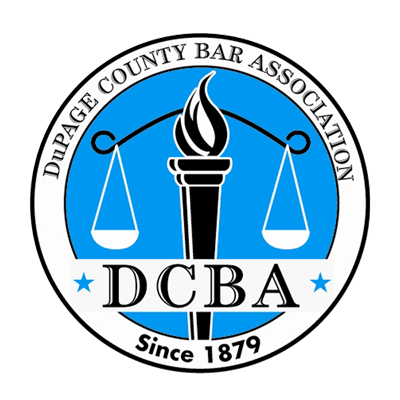
Head injuries can be as simple as a scrape or as complex as a traumatic brain injury. You need to take any injury to the head seriously, as it can cause long-term damage. Traumatic brain injuries are especially concerning. According to the Mayo Clinic, there are many causes of traumatic brain injuries. The CDC found that leading causes include vehicle-related collisions, falls, being struck by or against an item, or assault.
Why Might You Need to Test for Head Injuries?
Although you might not exhibit any current symptoms, it’s critical that you see a physician if you’ve experienced any type of head injury. Occasionally brain injuries can take a while for symptoms to appear, and some of them, such as blood vessel damage or seizures, may not be obvious until it’s too late. If you’ve gone to the hospital for your injury, doctors will often order diagnostic tests in order to prevent further damage. It might seem frightening, but really, it’s to make certain that anything serious is caught as soon as possible.
What Are Some Standard Tests for Head Injuries?
There’s a variety of tests that physicians may use for a head injury, depending on how you present: That is to say, what symptoms do you have? What is the severity of the injury? If you or your loved one is in a coma after a car accident, the required tests may be different than if you slipped on ice and bumped your head but remain conscious. Here’s an overview of some of the more common tests you can expect if you or a loved one has a head injury.
Computer Topography (CT) Scan and Magnetic Resonance Imaging (MRI)
Most people have heard of CT scans and MRIs, even if they’re not familiar with them from experience. These are often the first tests that a doctor will order if you go to an ER with a head injury. Both tests offer images of the brain, but each has its own advantages. A CT scan is a computerized x-ray and is particularly good at detecting fresh blood. An MRI, on the other hand, uses magnetic energy (not the radiation found in x-rays) and has a higher resolution than a CT scan.
Electroencephalogram (EEG)
An EEG records the electrical signals that the brain produces. The doctor will put electrodes onto your scalp in order to gather this information. Decreased electrical activity could indicate a lesion or general brain dysfunction.
Positron Emission Tomography (PET)
A PET scan uses a radioactive substance (called a tracer) that allows a doctor to see how the brain tissue is functioning. Usually, you’ll receive the tracer either through an IV or by breathing the substance as a gas. Occasionally, a combined MRI/PET scan is useful (it can provide a more accurate view of the brain). The technology is still prototyped, so it’s not available in many places
Transcranial Doppler Ultrasound (TCD)
A transcranial doppler ultrasound uses sound waves to examine blood flow in and around the brain. Often, TCD is used with stroke patients. However, a 2016 study found “TCD measurements upon admission may provide additional information about neurologic outcome after mild to moderate traumatic brain injury.” This means it can help predict the neurologic outcome. A TCD can also provide more information about blood flow.
Neuropsychological Tests
Depending on the severity of the head injury and the amount of recovery that you or your loved one needs, you may need tests after your initial treatment. Your provider may use different tests to evaluate cognitive, language, behavioral, and motor skills. They will probably also evaluate your executive functioning capabilities. All of these components will inform the best rehab approach, if necessary.
As you can see, each test offers a different insight into the complexities associated with a head injury. Given the potential impact, it’s important that you treat your injuries immediately.
Experienced Chicago-Area Head Injury Attorney
If you or a loved one has recently experienced a head injury due to an accident, you may be entitled to compensation and reimbursement for medical expenses. The attorneys at Cullotta Bravo Law Group have a proven track record with millions of dollars in settlements. Contact us today for a free consultation at 630.898.7800. We only collect a fee if we resolve your case through settlement or trial.





